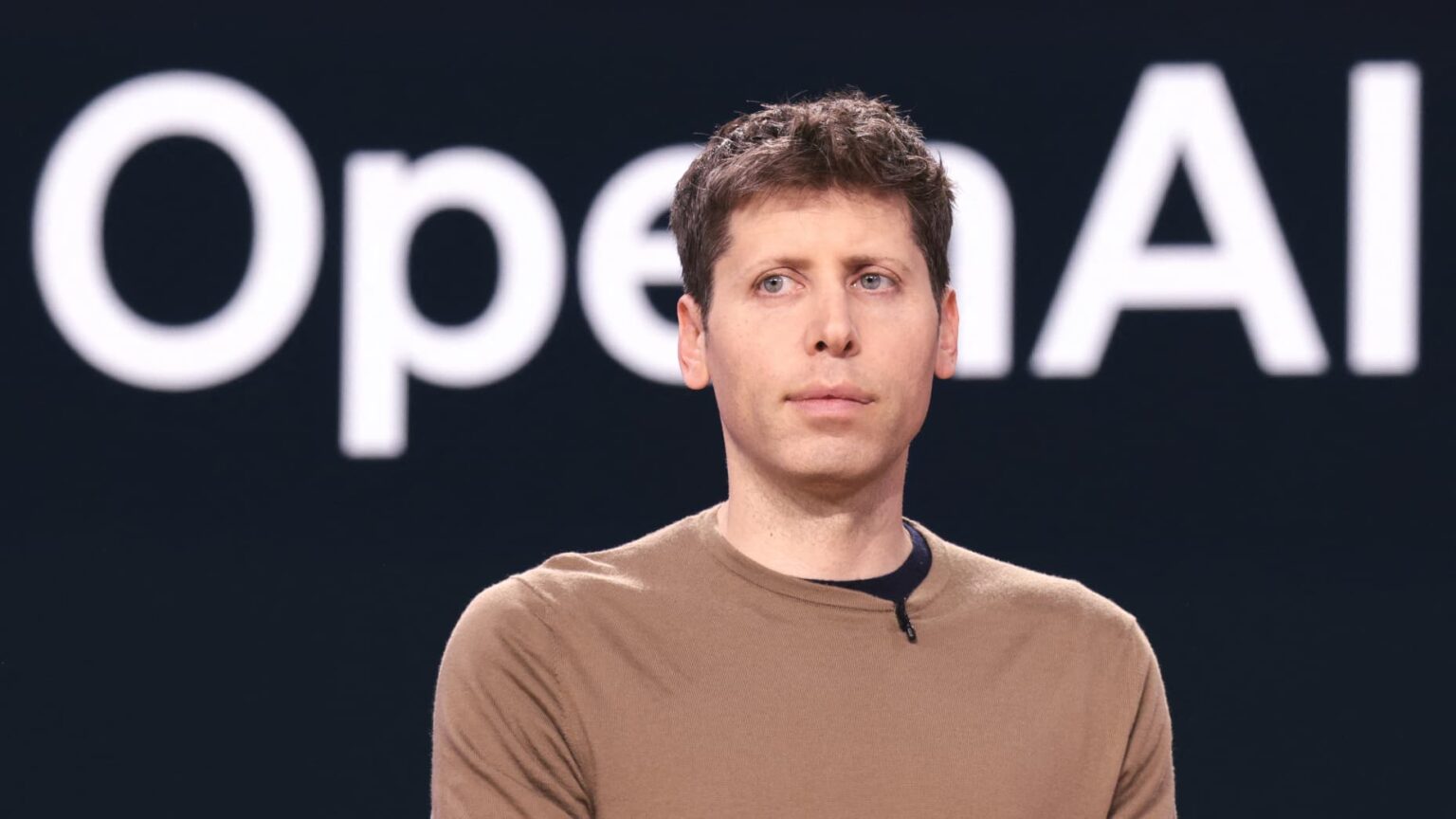In a dramatic turn of events, billionaire entrepreneur Elon Musk has taken legal action against OpenAI, the artificial intelligence company he co-founded, to contest its ongoing corporate restructuring. Musk’s attorney, Marc Toberoff, has petitioned attorney generals in California and Delaware to initiate a competitive bidding process for OpenAI’s charitable assets, raising questions about transparency, corporate ethics, and the future of AI governance.
OpenAI, widely known for its groundbreaking AI tool ChatGPT, announced plans in late 2023 to transition its for-profit business into a public benefit corporation. The move is aimed at attracting greater capital to fund ambitious AI projects, a shift the company argues will solidify its position as “one of the best-resourced non-profits in history.”
Backed by tech giant Microsoft, OpenAI has seen meteoric growth, with its valuation soaring to $157 billion following a $6.6 billion funding round in October. However, the restructuring has sparked intense debate, with critics, including Musk, questioning whether the move aligns with the founding mission of the organization.
Musk’s objections center on the valuation of OpenAI’s charitable assets and the potential departure from the non-profit principles upon which the company was founded. In a letter to the attorneys general, Toberoff argued for a competitive auction to establish the fair market value of these assets, emphasizing the need to “protect the public’s beneficial interest.”
OpenAI responded by reiterating that independent financial advisors would oversee the valuation process. “Elon is engaging in lawfare. We remain focused on our mission and work,” an OpenAI spokesperson stated.
While Musk’s critics accuse him of attempting to exert undue influence over the company, legal experts see the case as a litmus test for corporate accountability in the burgeoning AI sector.
State Officials and Legal Experts Weigh In
The involvement of state authorities adds another layer of complexity to the unfolding drama. Delaware Attorney General Kathy Jennings filed an amicus brief on December 29, signaling her office’s close scrutiny of OpenAI’s restructuring plans. Jennings’ brief has been described by legal analysts as a potential counterweight to Musk’s claims.
Meanwhile, California Attorney General Rob Bonta, who also has jurisdiction, has yet to comment publicly on the case. Meta, another tech behemoth, has reportedly urged Bonta to block OpenAI’s restructuring, though no formal actions have been taken.
Darryll Jones, a law professor at Florida A&M University, noted in a blog post that Delaware’s involvement could weaken Musk’s case. “The fact that Delaware is closely monitoring the situation should undercut a judge’s willingness to enjoin a transaction Musk and Encode characterize as dangerous, unwise, or the product of fiduciary violations,” Jones wrote.
Ethical Dilemmas and Industry Ramifications
The dispute underscores a broader ethical dilemma in the AI industry: balancing the need for capital-intensive innovation with the foundational principles of public benefit and transparency. Musk, who now runs his own AI startup, xAI, argues that OpenAI’s restructuring represents a betrayal of the mission he originally funded.
The case has also reignited concerns about AI safety, with Encode, a non-profit focused on this issue, joining Musk’s legal challenge. Critics fear that OpenAI’s shift to a profit-driven model could prioritize revenue over ethical considerations, potentially exacerbating risks associated with unchecked AI development.
What’s Next for OpenAI and Musk?
As the court prepares to rule on Musk’s preliminary injunction later this month, the outcome could have far-reaching implications for OpenAI, its investors, and the broader tech industry. If successful, Musk’s efforts could force a reevaluation of OpenAI’s restructuring plan and set a precedent for how tech companies navigate the tension between profit motives and public accountability.
For now, OpenAI continues to operate amid the legal storm, focusing on its ambitious AI projects and maintaining its dominance in the field. Meanwhile, the legal and ethical questions raised by this high-profile battle are likely to shape the discourse around AI governance for years to come.
